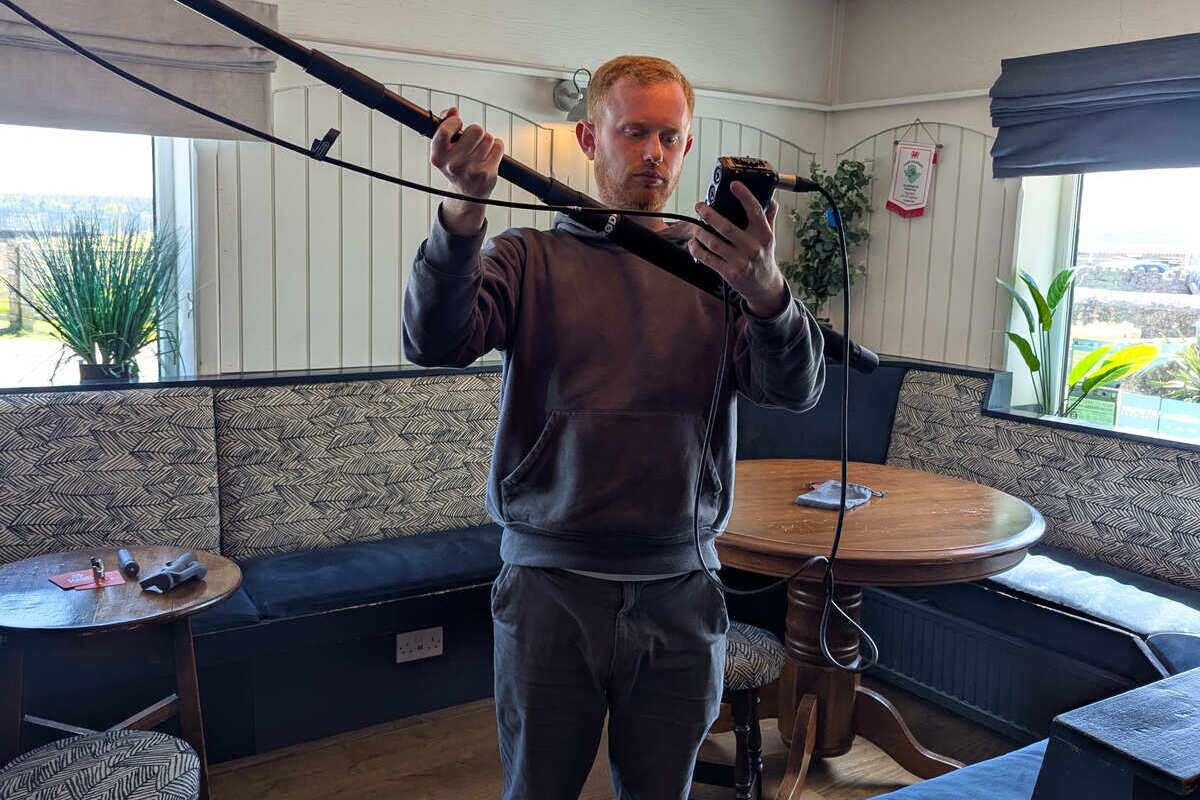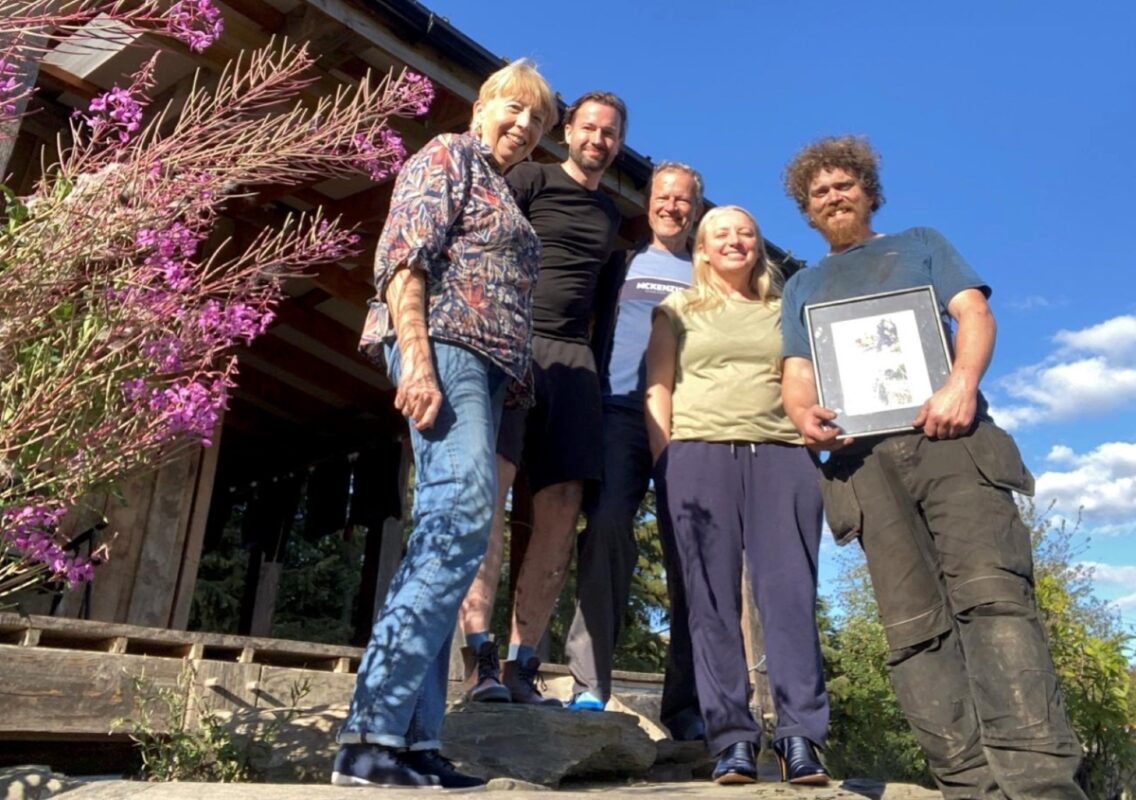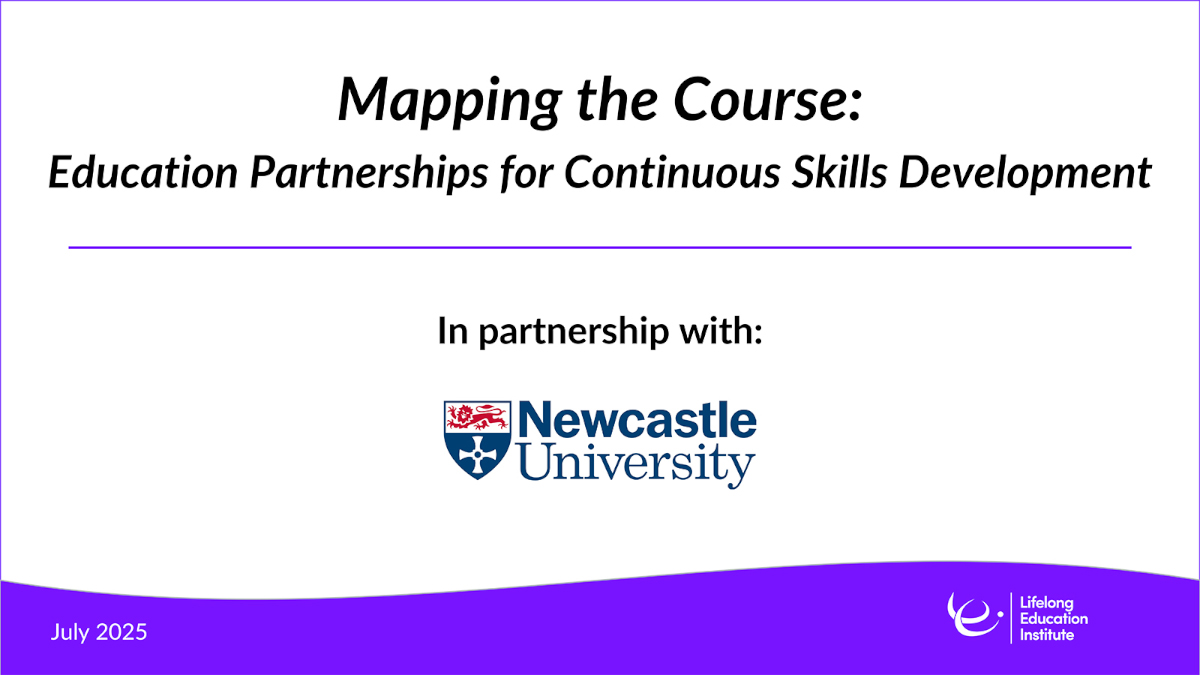LSRN – the Learning and Skills Research Network

It’s a proud FE tradition – people getting together to set things up themselves. Tutor Voices is the most recent case and if LSRN is any kind of example, it has a long future ahead of it.
The Further Education Research Network, as it was originally called, was set up in 1997, by some fifteen people participating in what seemed a rather avant-garde workshop at the time, on ‘Research in FE’. The topic seemed remote from most practitioners’ lives, the province of universities in the main. Both practitioners and academics were represented at the workshop and the first meeting of the volunteer group established a founding principle that the Network should straddle both communities and foster collaboration between the two.
At this first meeting other principles were expounded which have guided the Network ever since. It was to be based across the regions of the country, not just in London; local volunteers would convene events in each region. National coordination would be through a planning group of these convenors. No official positions were created; action rather than office-holding was to drive activity. The first conference, hosted by Blackpool and the Fylde College in a smart Blackpool hotel demonstrated that research in FE really did exist and that plenty of people seemed keen to engage with it (around 150 at the first conference). Ruth Silver and Bob Fryer gave encouraging speeches and academics and practitioners presented the results of their research in parallel workshops.
The commitment of convenors and planning group members ensured the sustained growth of the Network thereafter, based on founding principles that have endured. The Network became an important asset for the newly created Further Education Development Agency (FEDA) which gave increasing levels of support to it. FEDA’s regional officers gave time to support groups around the country and funding was provided for several years for collaborative research involving colleges and universities in each region. A series of training modules was developed to help local groups develop their research capacity. National conferences grew in size and stature (around 350 participants at its zenith) and regional workshops flourished. With an altered name to reflect wider changes in the sector the Learning & Skills Research Network became a conduit for major initiatives in the nineties and noughties, including the ESRC Teaching & Learning Research Programme (TLRP) and Learning & Skills Research Centre.
But perhaps the most important quality of LSRN has proved to be its resilience over the long term. Having established itself firmly, from the very beginning, as an independent network – not a constituted body, not dependent on central grants, not serving the interests of any officials – it proved able to adapt to each erratic gust of the political wind. The abolition of LSDA and consequent loss of support simply inspired the original enthusiasts, plus others who had joined in, to re-group. A smaller programme was planned and sponsors sought to support each activity. It turned out that having an independent and respected Network in place in our highly fragmented sector proved useful and many organisations were glad to help it along – among them NIACE, City & Guilds, Edexcel/Pearson, LSIS, IfL, HEA, ETF and NFER. With their support, a National Planning Group was opened up to all who wanted to be active and volunteer convenors identified wherever possible. Conferences continued to be held, developing latterly into thematic workshops, a website was constructed and a newsletter created.
With an eye to the future, it’s worth reflecting a moment on which of the many aspects of the LSRN experience have been key to its success. Naturally, people involved have different views about this, so what follows is entirely personal. After decades of steady, developmental support during the 70s and 80s through the work of the Further Education Unit and FE Staff College, the sector was plunged into decades of whimsical and transient change which seriously damaged the environment needed for steady, evidence-based development. Lacking foreknowledge of the policy mayhem to come, the founders of LSRN had little idea how effective and enduring their strategy would turn out to be. By insisting on independence from any particular funder and emphasising collaborative forms of activity that engage all parties interested in research and its use, the Network has outlived almost all other FE-related organisations. It draws on people’s deeper motivation: their concern to develop practice, their commitment to sound evidence and their will to work with others for the greater good. Long may such organisations prosper!
Andrew Morris a member of the LSRN National Planning Group and is the author of ‘Getting to Grips with Science: A Fresh Approach for the Curious.‘












Responses